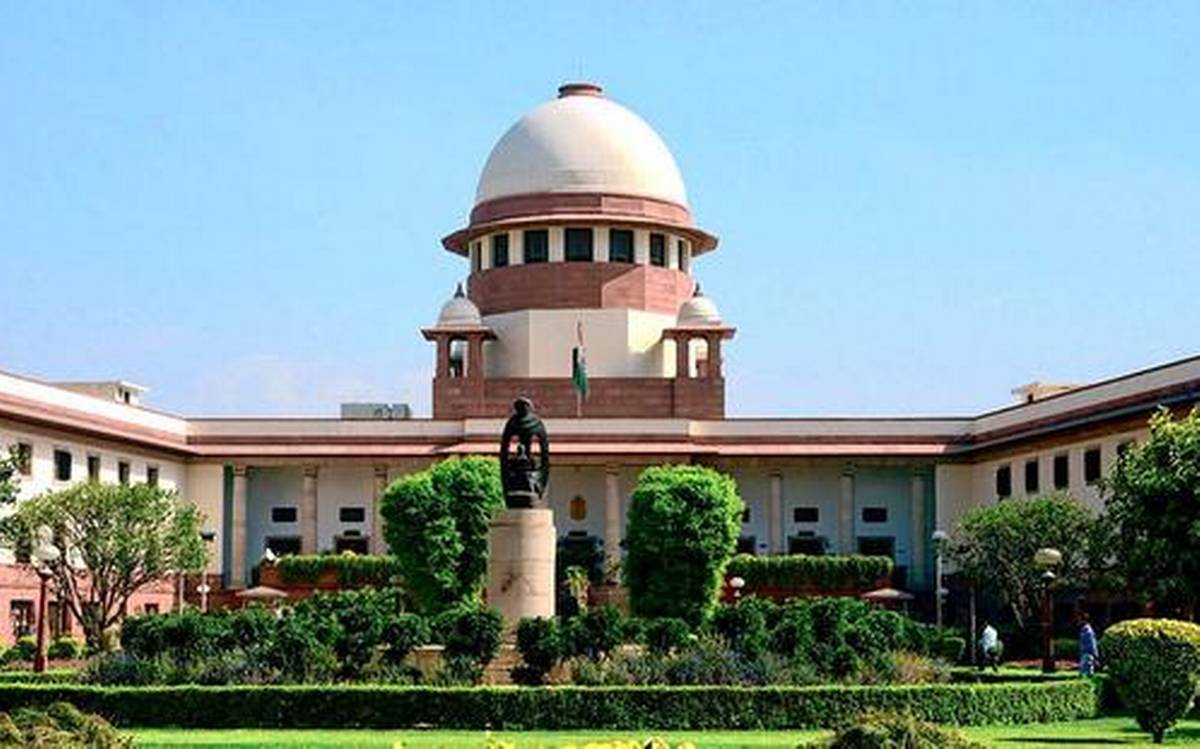Synopsis: Despite the central government assuaging the court that there is no duty on state authorities to affix such posters, the questions were raised by a three-judge bench headed by Justice Ashok Bhushan.
The Supreme Court observed on Tuesday that the practise of government authorities putting up posters outside the residence of COVID-19 positive patients leads to the stigmatisation of those persons, stating that such patients are often treated as “untouchables”.
Despite the Central Government assuaging the Court that there is no duty on State authorities to affix such posters, the concerns were raised by a three-judge bench led by Justice Ashok Bhushan.

On 30 November, Solicitor General Tushar Mehta, representing the Central Government, told the Court that the Centre had filed its affidavit in the case claiming that such posters were intended to ensure that no one unintentionally entered the house of a positive patient of Covid. If a poster humiliates a person or stigmatises him, it should be avoided. But if it warns a person of inadvertent entry, then it’s up to the government of the State.
Justice MR Shah, said that the difficult reality is different and such people are treated as untouchables many times.
The Court was hearing a petition filed by Advocates Chinmoy Sharma and Puneet Taneja challenging the decision taken under the National Disaster Management Act 2005, by various state governments to affix posters outside the homes of isolated COVID-19 patients.
The plea also violated the practise of sending the names of COVID-19 patients to Resident Welfare Associations (RWA) by state health departments.
The Supreme Court held that as provided under Article 21 of the Constitution, the circulation of the names of such positive persons on WhatsApp groups etc., is a violation of the fundamental right of privacy and the right to live with dignity.
It was the case of the petitioner that, due to such practise, patients who are already undergoing mental trauma and weakness due to COVID-19 are forced to face “stigmatisation by neighbourhood and community members.”
In addition, such posters lead to patients with COVID-19 being the community’s talk and a topic of “idle gossip,” the plea said.
In stating that the decision to affix such posters violates the doctrine of proportionality, the petitioner claimed that it was only during the Plague of the 18th century that such a primitive procedure was carried out.
The Supreme Court has now ordered the petitioner to respond to a response made by the Centre. The case is next listed on 3rd December.

